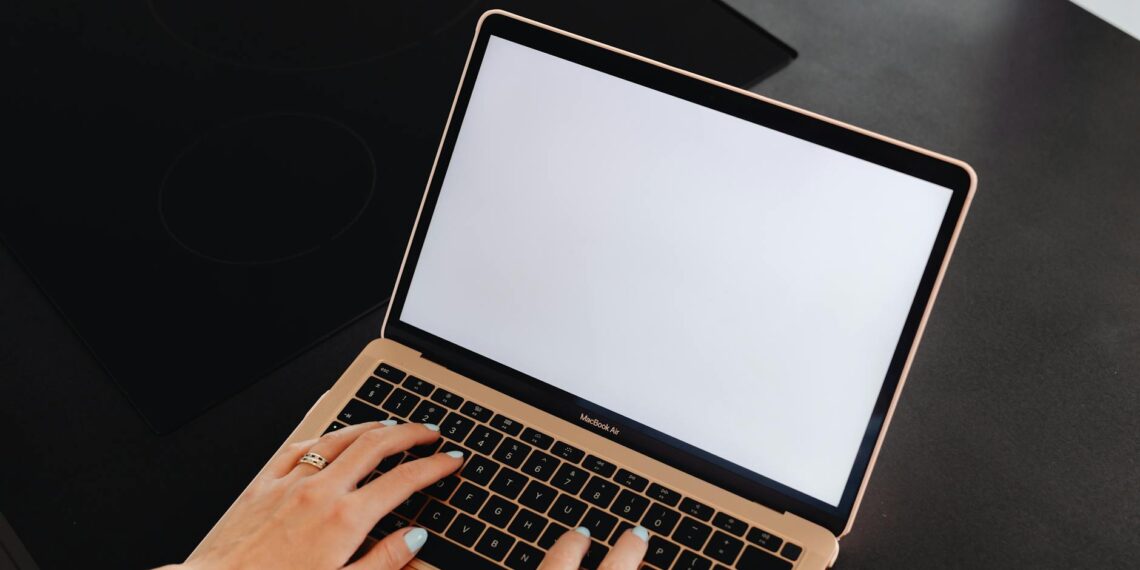While cleaning silver coins is generally discouraged for collectible or valuable coins, as it can reduce their value, you can employ a few methods to clean coins that are not considered valuable and where preserving their original state is not a primary concern.
- Warm water and mild soap:
– Soak the coin in a solution of warm distilled water and mild, pH-neutral soap (e.g., dish soap) for a few minutes.
– Gently swish the water or use your thumb to dislodge dirt, [according to a Quora post].
– Rinse thoroughly with clean distilled water to remove all soap residue.
– Do not rub the coin. Instead, pat it dry with a soft, lint-free cloth or allow it to air dry on a soft surface like a soft cloth or felt pad.
- Acetone soak:
– 100% pure acetone can remove organic materials and some surface dirt without affecting the coin’s patina, luster, or tone.
– Soak the coin in acetone for a short period (start with one minute at most).
– Rinse the coin with water after soaking.
– Caution: Use acetone in a well-ventilated area and avoid skin contact. Acetone can eat through plastic, so use a glass container or aluminum pie pan for soaking.
- Soaking in vinegar or lemon juice: These acidic liquids can remove dirt and tarnish, but they also eat away at the coin’s surface. Use sparingly, do not soak for long, and rinse thoroughly afterward.
- Baking soda paste: Make a paste with baking soda and water and gently rub it onto the coin. Baking soda is abrasive and can cause microscopic scratches, even if not visible to the naked eye. Rinse thoroughly.
- Harsh chemicals: Avoid using abrasive cleaners, silver polish, or household cleaners containing bleach or ammonia, as they can permanently damage the coin’s surface and reduce its value.
- Scrubbing: Any scrubbing or rubbing can cause microscopic scratches, even with a soft cloth or brush, notes the YouTube channel Gainesville Coins.
- Boiling: Boiling coins can cause discoloration, surface damage, and may even damage the coin’s molecular structure.
- Value: Cleaning valuable coins is strongly discouraged. It’s advisable to consult a professional coin dealer or numismatist before attempting to clean any coin that you suspect may be valuable or rare.
- Patina: Coins develop a natural patina over time which is a layer of toning that protects the coin and can be desirable to collectors. Cleaning can strip away this patina, potentially reducing the coin’s value and removing a part of its historical appeal.
- Professional Cleaning: For truly valuable or problematic coins (e.g., those with PVC residue or embedded dirt), professional conservation services are available. These services use specialized techniques to remove contaminants while preserving the coin’s surfaces, although success is not guaranteed.
In summary, for non-valuable silver coins, gentle cleaning with distilled water and mild soap, or an acetone soak, can remove surface dirt. However, always proceed with caution and be aware of the potential risks to the coin’s condition and value. For valuable coins, it is best to avoid cleaning altogether or seek professional assistance.









Does vinegar damage silver coins?
Good point! Acid Damage
Like lemon juice, vinegar’s acidity will etch the coin surface, removing original mint luster and potentially creating an artificial appearance. A controversy among controversies is the use of silver dip in numismatics.